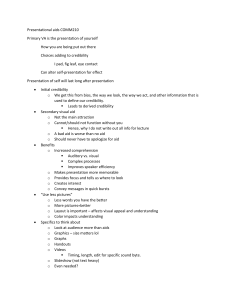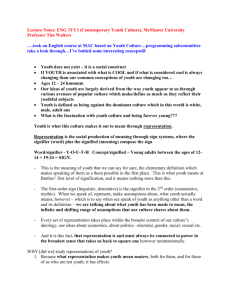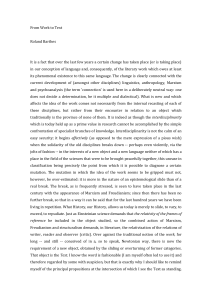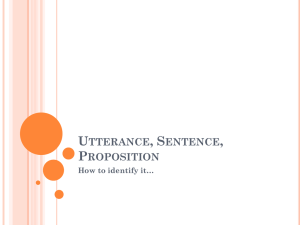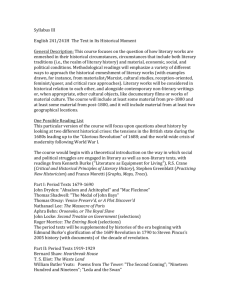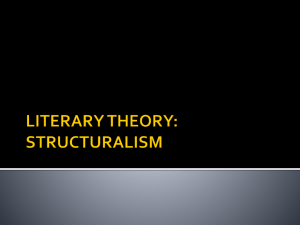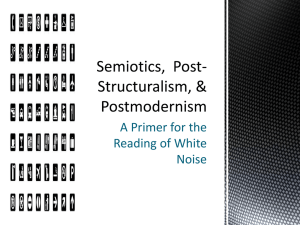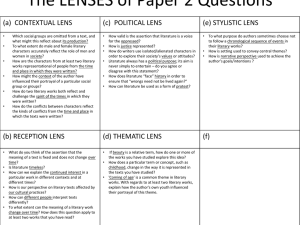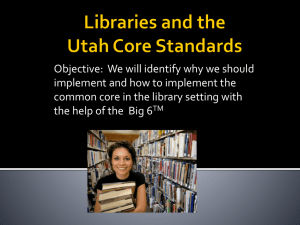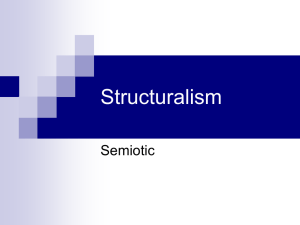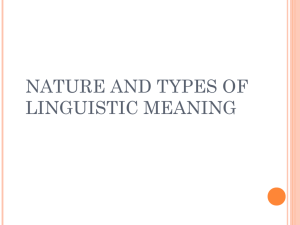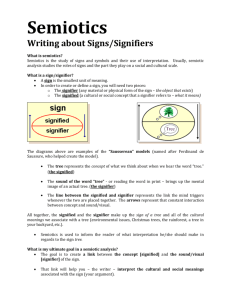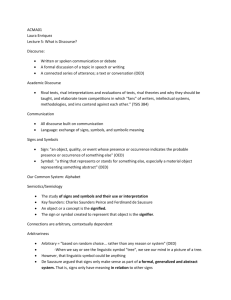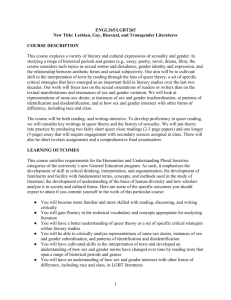Nine-Lit-Crit-Ways-of-Looking-at-1
advertisement
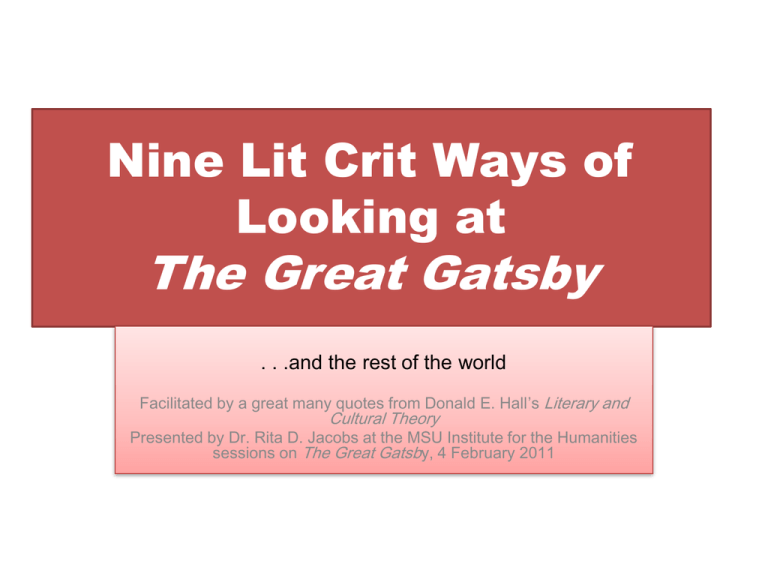
Nine Lit Crit Ways of Looking at The Great Gatsby . . .and the rest of the world Facilitated by a great many quotes from Donald E. Hall’s Literary and Cultural Theory Presented by Dr. Rita D. Jacobs at the MSU Institute for the Humanities sessions on The Great Gatsby, 4 February 2011 A New Critical Approach • The task of the New Critic is to explore precisely how, through language and form, meanings are expressed and powerfully impressed upon readers. • Discussions of – Form and genre – Close textual reading – Narrative style and frame A Reader-Response Analysis • Reader-response analysis is a rigorous probing of the response process itself, and it has a wide variety of possible analytical focuses. • The meaning of a text is not wholly intrinsic to the text. • Emphasis is placed on the subjective nature of reading in that texts never exist in vacuums. Marxist and Materialist Analysis • This kind of analysis is rooted in historical research and changing social contexts for understanding literary and other cultural texts. • Marxist critics are motivated by a sense of political and economic urgency and attempt to reveal how unwitting participation in classbased ideologies has concrete effects on the quality of human life. Psychoanalytic Analysis • An examination of the hidden forces, desires and fears that exert influence over characters in ways beyond their knowledge and control. • Makes use of the frames of reference we use in discussing selfhood and identity, e.g. id, ego, superego. • Essential tenets: --Human activity is not reducible to conscious intent --Characters in texts may also have a complex psychology --Texts may have a psychological impact on readers Structuralism and Semiotics • The signified is the concept to which a word refers • The signifier is that word, image or representation that is used to designate the signified • The sign is the combination of the signifier and the signified • Example: a box of chocolates on Valentine’s Day represents the affection one feels for another person. The box of chocolates is the signifier, the affection is that which is signified and the box of chocolates as affection is commonly recognized as a complex cultural sign. • Meaning can be made through a juxtaposition of opposites or binaries Feminist Analysis • The key to all feminist analysis is a recognition of the different degrees of social power that are granted to and exercised by women and men. • Language, institutions and social power structures have reflected patriarchal interests throughout much of history; this has had a profound impact on women yet, at the same time, women have resisted and subverted patriarchal oppression in a variety of ways. Gay/Lesbian/Queer Analysis • All gay/lesbian/queer analysis focuses on sexuality as a particulary important component of human identity, social organization and textual representation. • All notions of normality –sexual, gender related, and otherwise—are appropriate subjects for critique and historical representation. Race, Ethnicity and PostColonial Analysis • Categories of race and ethnicity have been used in ways that have empowered and oppressed • The differentiation of peoples is reflected in and reinforced by language and metaphor • The differentiation of peoples and its political consequences are reflected not only in literary and other forms of representation but also in our very notion of literature The New Historicism and Pluralistic Cultural Analysis • An examination of the work by analyzing the interplay between text and context. • There are numerous possible stories and histories that offer different insights into the ways people’s lives reflect their time, place, race, gender, sexuality and economic situation. • Literary and other cultural texts are connected in complex ways to the time periods in which they were created. • No reading of a literary or cultural text is definitive.
